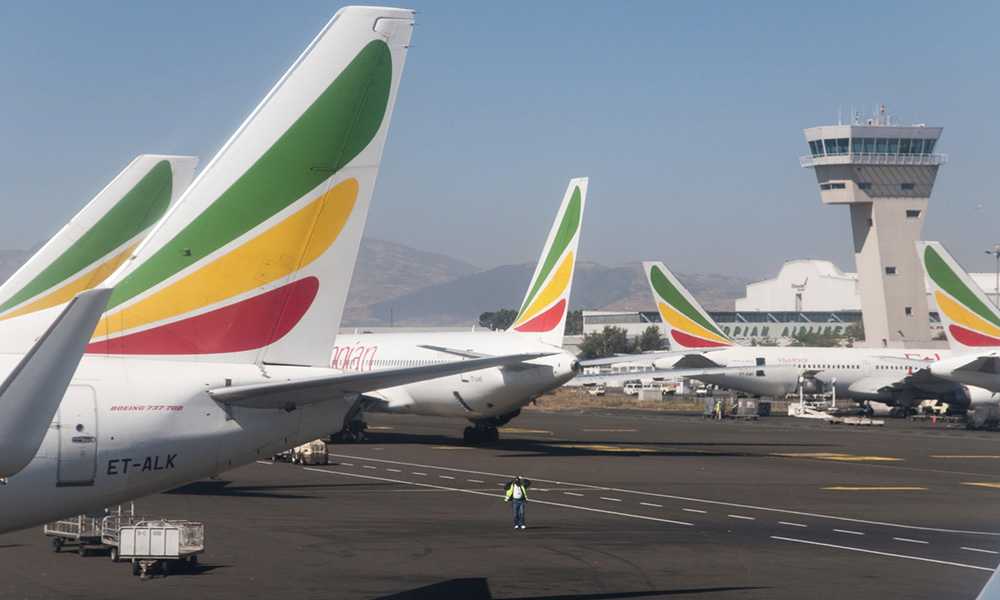Ethiopian Airline plans to build Africa’s largest airport in Abusera
Building on a 78-year track record, Ethiopian operates Africa’s most modern fleet to more than 150 destinations across five continents

Ethiopian Airlines Group has announced plans to build Africa’s largest airport in Abusera a critical element of the airline’s 15-year plan to become one of the most competitive aviation groups in the world. Building on a 78-year track record, Ethiopian operates Africa’s most modern fleet to more than 150 destinations across five continents, said a statement.
The airport’s location allows the airline to meet the International Air Transport Association’s forecasts of more growth over the next decade. Growing beyond Bole International Airport, Abusera’s lower altitude will elevate aircraft take-off performance, while an express rail link to Addis Ababa facilitates connectivity.
In its first phase scheduled for 2029, the airport will have capacity for 60m passengers annually almost three times Africa’s current busiest airport creating thousands of jobs to serve Ethiopian’s expanding customer base and fleet. Ultimately, the airport will serve 110m passengers annually four times the capacity of Bole International Airport.
Ethiopian’s CEO Mesfin Tasew stated, “With its exceptional capacity and world-class facilities, this new airport promises to elevate African aviation.”

To deliver this transformational new project, Ethiopian Airlines awarded a consultancy contract to a consortium led by Dar Al-Handasah Consultants (Shair and Partners), with Zaha Hadid Architects (ZHA), Pascall+Watson Architects, Landrum&Brown, and TY Lin.
Dar, TY Lin, and Landrum&Brown belong to Sidara, a global collaborative that ranks first in aviation (Engineering News Record 2023). ZHA brings design expertise and a record of acclaimed airport projects, while Pascall+Watson Architects has completed over 2,000 aviation projects across 70 airports, the statement noted.
These companies will cover technical advisory, engineering, project management, and construction supervision services for passenger facilities, airline support facilities, two Code 4E parallel runways along with associated airfield infrastructure, and other major airport facilities and infrastructure.






















